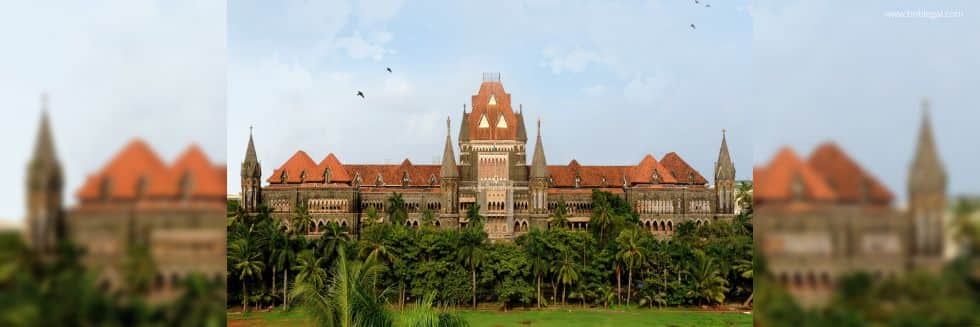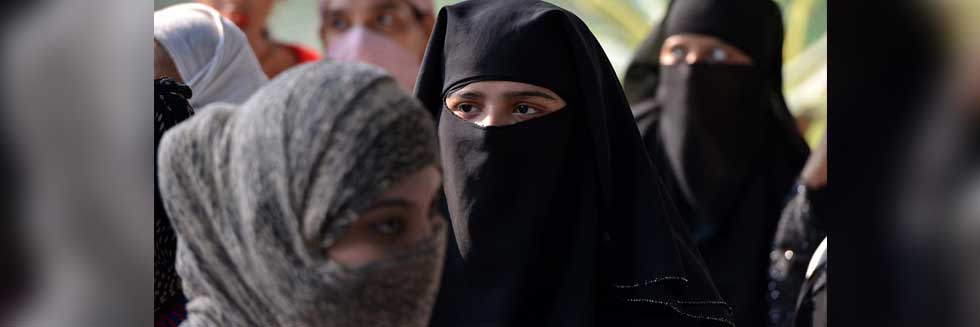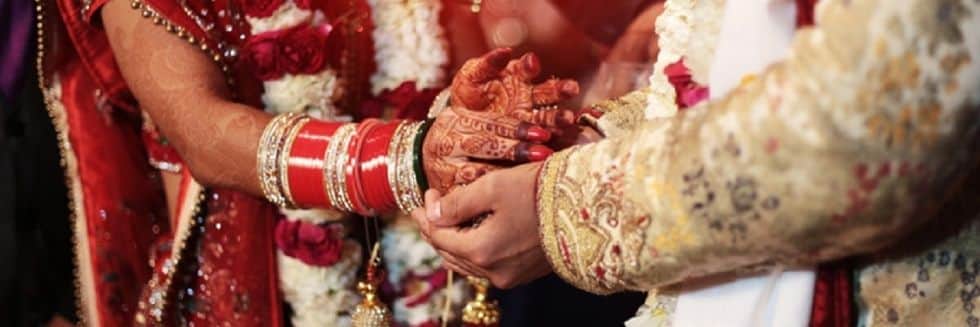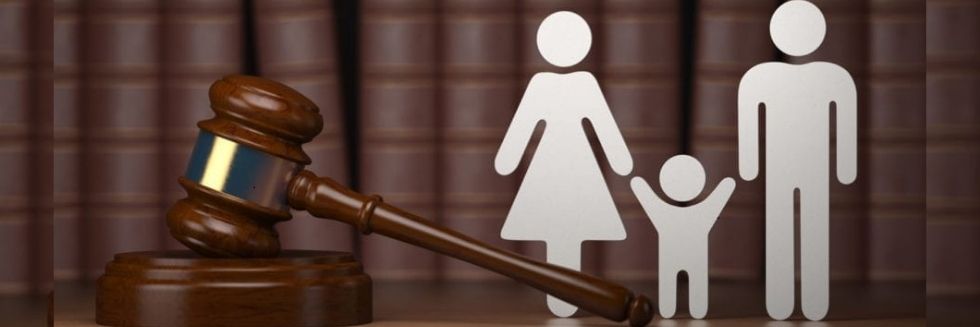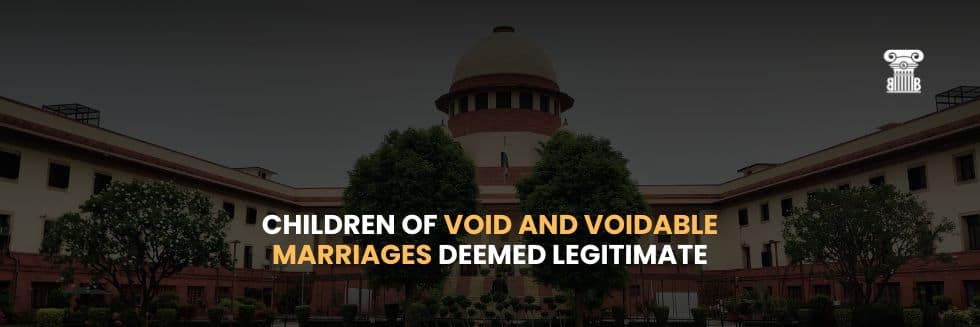While dismissing the petition, the Bombay High Court noted that consent obtained for sex in a second marriage without disclosing the first marriage would prime facie constitute rape.
The bench comprising Justice N.J. Jamadar noted that prima facie clause four of Section 375 of the Penal Code under which the offence of rape is defined seems to be attracted in the instant case.
“Where there is knowledge on the part of the man about him being not the husband of the prosecutrix and the consent is on account of such mistaken belief that he is her husband and a belief on the part of the prosecutrix that she is the wife of the man,” the bench said.
The bench was hearing a petition filed challenging an order given by the Additional Sessions Judge rejecting the petitioner’s discharge application.
The prosecutrix, who is an actress by profession, learned about her husband’s alleged bigamous acts after pictures of their wedding anniversary celebration were published in the newspaper. The first wife confronted her soon after that.
The prosecutrix filed a petition in 2013 seeking annulment of their marriage. She also filed an FIR under Section 420, Section 406, Section 467, Section 471, Section 474, Section 376, Section 323, Section 504, Section 506(i) and Section 494 of Indian Penal Code.
After completing the investigation, the police filed charge sheet against the petitioner.
The man filed a discharge application submitting that the allegations against him are vague and the prosecutrix’s story is contradictory with the annulment petition. Additional Sessions Judge rejected the application citing that there are sufficient grounds to proceed against the petitioner.
Advocate representing the petitioner said that there is no evidence that the actress’s first marriage was legally dissolved. Therefore, prosecution’s claim that the petitioner obtained her consent by pretending to be unmarried is negated.
The counsel also stated that no case of rape has been made out as there is no evidence showing that physical relations with the petitioner were without the prosecutrix’s consent. The petitioner claimed that the marriage ceremony and the anniversary celebration were merely props and, in fact, he and the prosecutrix were never married and cohabited as husband and wife.
Emphasizing the material on record, the APP counsel for the prosecutrix contended that there are sufficient grounds for trial and defence of the accused need not be taken into account.
Relying on the Minakshi Bala v. Sudhir Kumar and Others, the advocate appearing for prosecutrix contended that petition is not maintainable and the prayer for discharge cannot stand once the charges have been filed. Advocate Aishwarya Kantawala also stated that the facts of the case fall under the ‘fourthly’ clause of Section 376 of Indian Penal Code.
The bench questioned the maintainability of the petition and said, “It is trite that once a charge is framed, the scope of interference by the High Court, even in exercise of extraordinary writ jurisdiction, gets constricted.”
Alternate remedies do exist and proper remedy would be to invoke the revisional jurisdiction in the present case. However, the High Court decided to deal with the merits of the petition due to the peculiarity of the facts.
The court relied on Union of India v. Prafulla Kumar Samal and Anr. and stated that strong suspicion against the accused is sufficient in order to frame a charge against the accused. The bench went on to add substantial material to show that the marriage ceremony between petitioner and respondent had taken place and the two cohabited as husband and wife.
The High Court noted that the prosecutrix married the petitioner because he claimed him to be unmarried. As his first wife is alive, the marriage with the prosecutrix is void. Despite knowing that he is not the husband of prosecutrix, he made sexuak relations with her.
The bench noted that fourthly’ clause of Section 376 will apply when –
a) the man knows that he is not the husband of the prosecutrix and that the consent is given under a mistaken belief and
b) the prosecutrix believes that she is lawfully married to the man.
“If the aforesaid twin conditions are prima facie made out then the challenge to the prosecution on the ground that the physical relations were with the consent of the prosecutrix does not merit acceptance,” the bench added.
